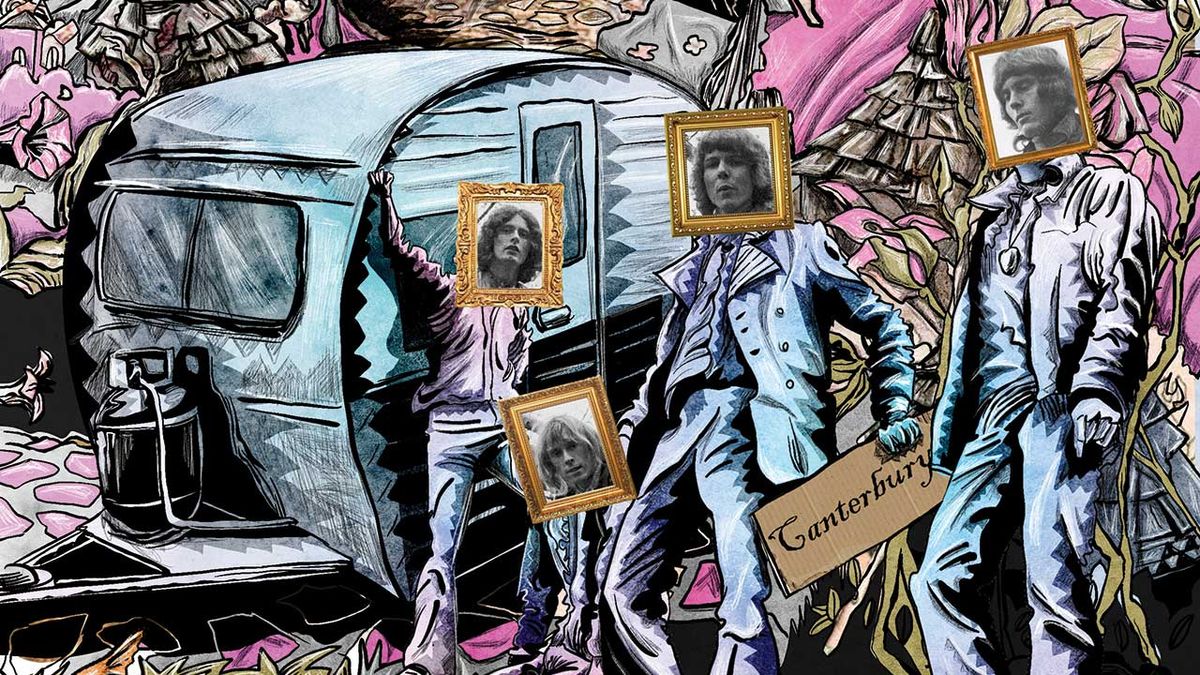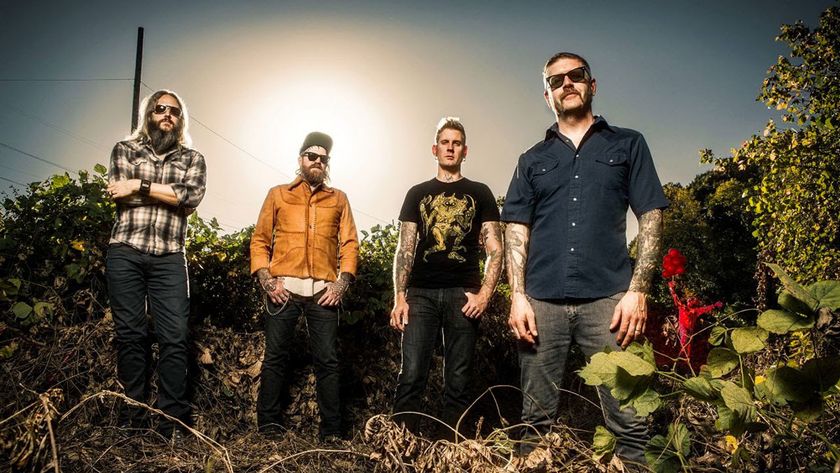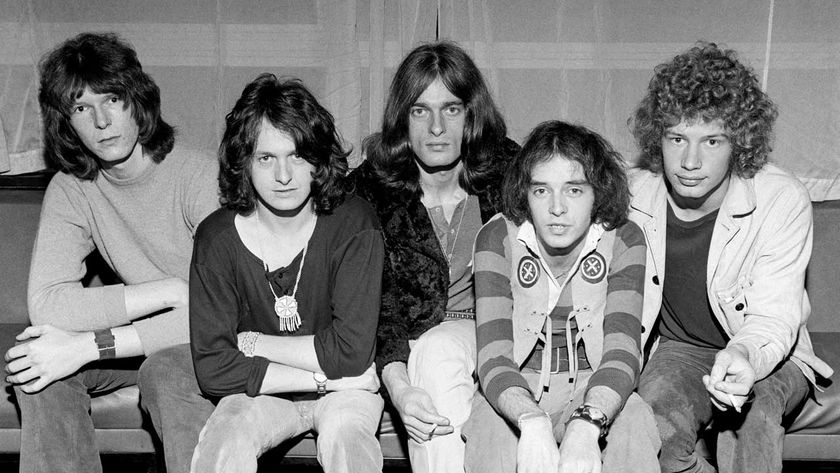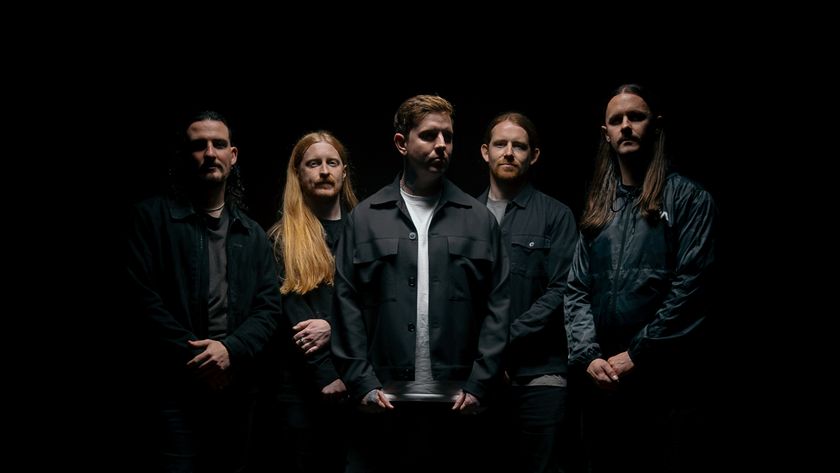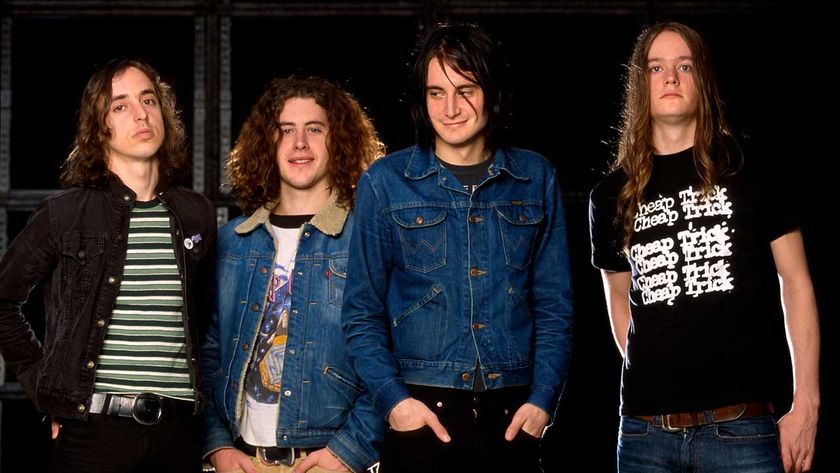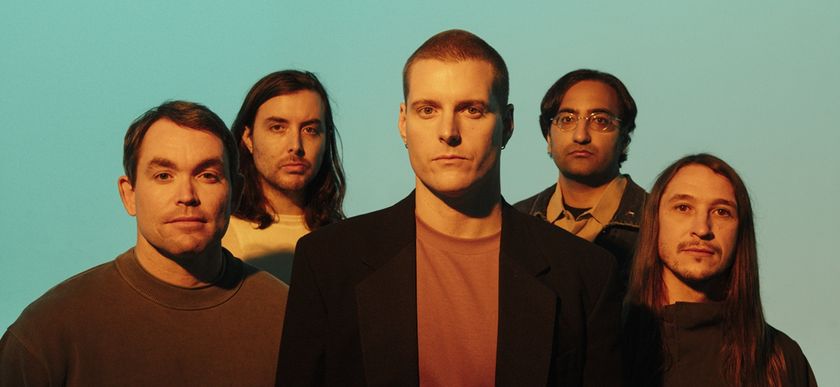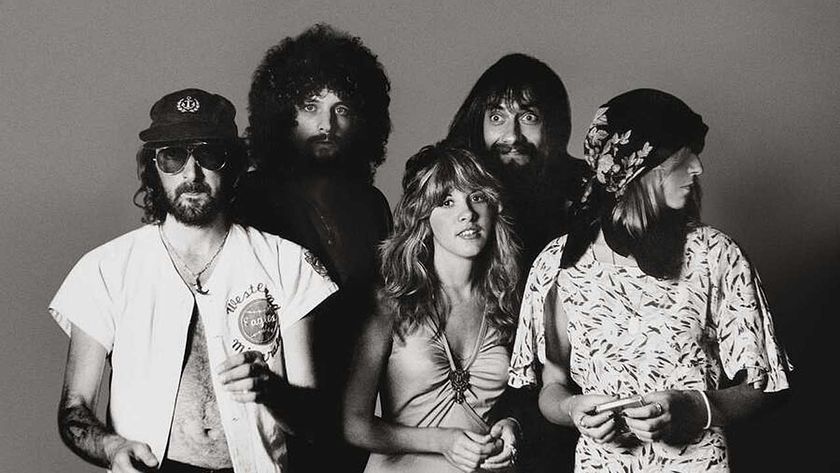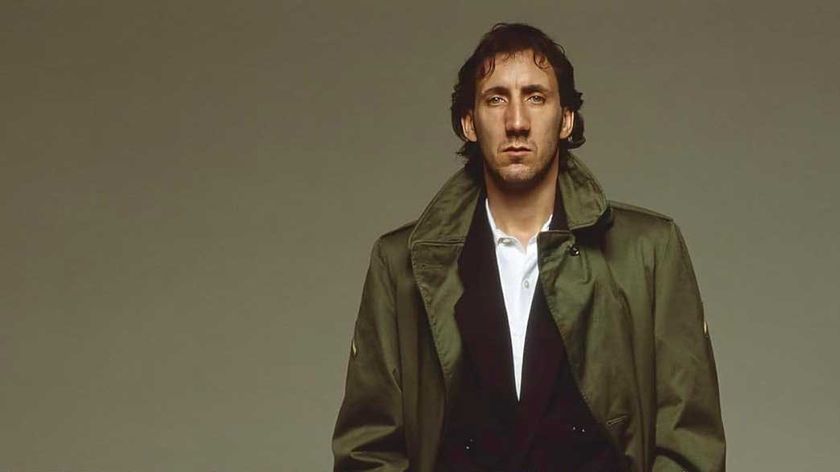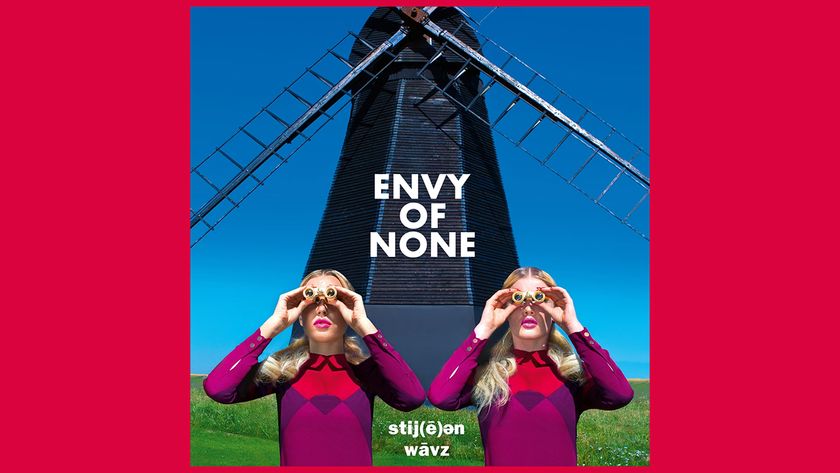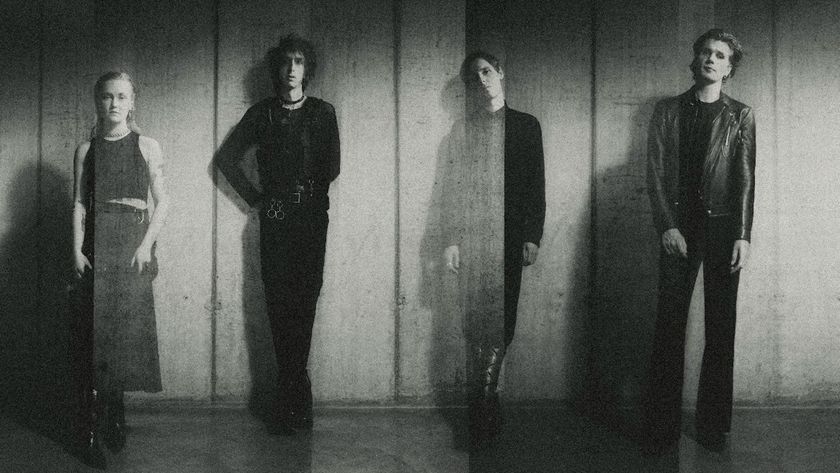‘So much to do, no more time,’ sang Caravan on Nine Feet Underground, the elastic, enraptured 23-minute finale to 1971’s In The Land Of Grey And Pink, which was probably their twisty, turny, career zenith. Half a century on, that wildly enterprising suite still simultaneously dazzles and soothes with its tunnels and bridges; its three-point turns and tender heart; its absolute disregard for the paths music is supposed to follow; and its glittering string of guileful moments.
Caravan had much to do, and were doing it all over us. Yet their soft-spoken subtlety, the way their very English restraint meant they never shouted or pouted, perhaps played a factor in their never hitting the commercial heights of some of their peers. When these Wilde Flowers realigned as Caravan after some of their number had peeled away to rev up Soft Machine, they, by accident or design, fell upon the very epitome of what we now call the Canterbury sound.
With limbs in progressive rock, psychedelia, folk and jazz, and an undercurrent of classical structure, their music was often circuitous, clever and cerebral. The key to its enduring charm, however, is its sunny warmth: they embraced pop melody, rhythmic grooves and a sly, winking wit. If it worked, it was in, even if it wasn’t technically supposed to fit there. Their best albums are magically, at the same time, a Catherine wheel of ingenuity and invention and a comforting, reassuring soup of seductive sounds.
This 37-disc (yes, 37) box set is a career overview and legacy establisher that gathers all 14 (remastered) studio albums, the live albums and 11 previously unreleased concert recordings. There’s also a Blu-ray of Steven Wilson’s mix of In The Land Of Grey And Pink, and a DVD of rare, mostly 1970s live footage. On top of this, there’s a big hardback book and much memorabilia, including even a Caravan-specific map of Canterbury. It’s not cheap, and it’s a limited edition, but it doesn’t skimp on its celebration of their languid, low-key legend.
While the tales begin with 1968’s eponymous debut, it’s as the decade turns, on If I Could Do It All Over Again, I’d Do It All Over You, that Caravan find their stride. Their penchant for sub-Pythonesque zany titles and adolescent double entendres hasn’t aged well, but this is where the line-up of Pye Hastings, David and Richard Sinclair and Richard Coughlan worked out their curious, unique fusion of whimsy and momentum.
…Grey And Pink then took them to their very own land: it remains the quintessential Caravan creation. 1972’s follow-up, Waterloo Lily, didn’t catch lightning the same way, but the next year’s For Girls Who Grow Plump In The Night (viola player Geoffrey Richardson’s debut) saw them back to their best, not least on cult classics Memory Lain, Hugh/Headloss and The Dog, The Dog, He’s At It Again.
From here they settled into a phase of pretty good but not great releases, though enlisting Tony Visconti to produce 1977’s Better By Far resulted in the exquisite Nightmare. Dormant through most of the 80s, their best and least Dire Straits-y latter-day album is 2003’s The Unauthorised Breakfast Item, which knows all the right Caravan fan triggers to pull.
Among the mountain range of live sets, there are inevitably peaks and… well, troughs would be too strong a put-down. Some shows tap into the gentle fire that characterises Caravan at their most golden-glowing; others lapse into periods of studied tweeness that reveal their Achilles’ heel. When they’re in the mood, whether we’re talking the Marquee in 1983 or Holland in 1972 or Shepherds Bush Empire a few years ago, they conjure up that idyllic July afternoon by a riverside that you never actually had but always imagined would be life-affirming. They reconstruct a reverie within their revelry.
Perhaps it’s their collective personality that makes that possible. This isn’t music of the ego, and it’s the antithesis of the machine age (the computer age doesn’t even enter the conversation). Somehow they make a noise that feels like it’s just happening, sunlight on the garden, as if born of itself, and nobody’s sweating or grunting to move it along. Wherein Caravan are vessels, not stars.
It would be only just if this quite marvellous (if expensive) retrospective won them greater recognition and acclaim. While they never seem to have taken themselves too seriously, they deserve the critical kudos afforded to peers such as Robert Wyatt, Kevin Ayers and others. Maybe their spacey, stoner vibes sit more comfortably by the window at the side of things, content with a degree of fragility, raising an arched eyebrow at ambition, distracted by the midsummer haze pouring through that window, wondering how best to capture that in sound.
